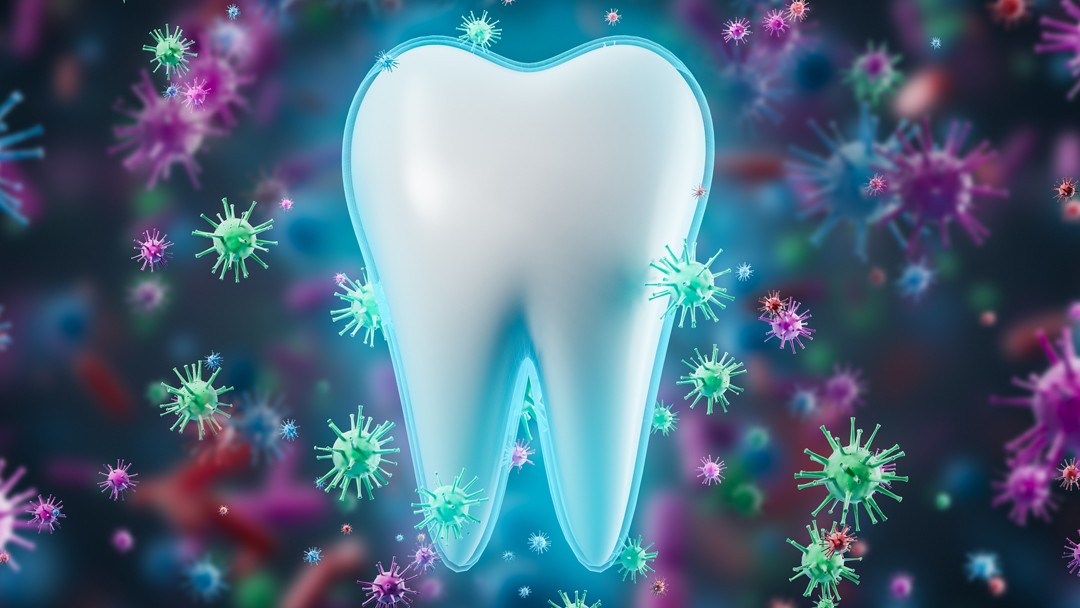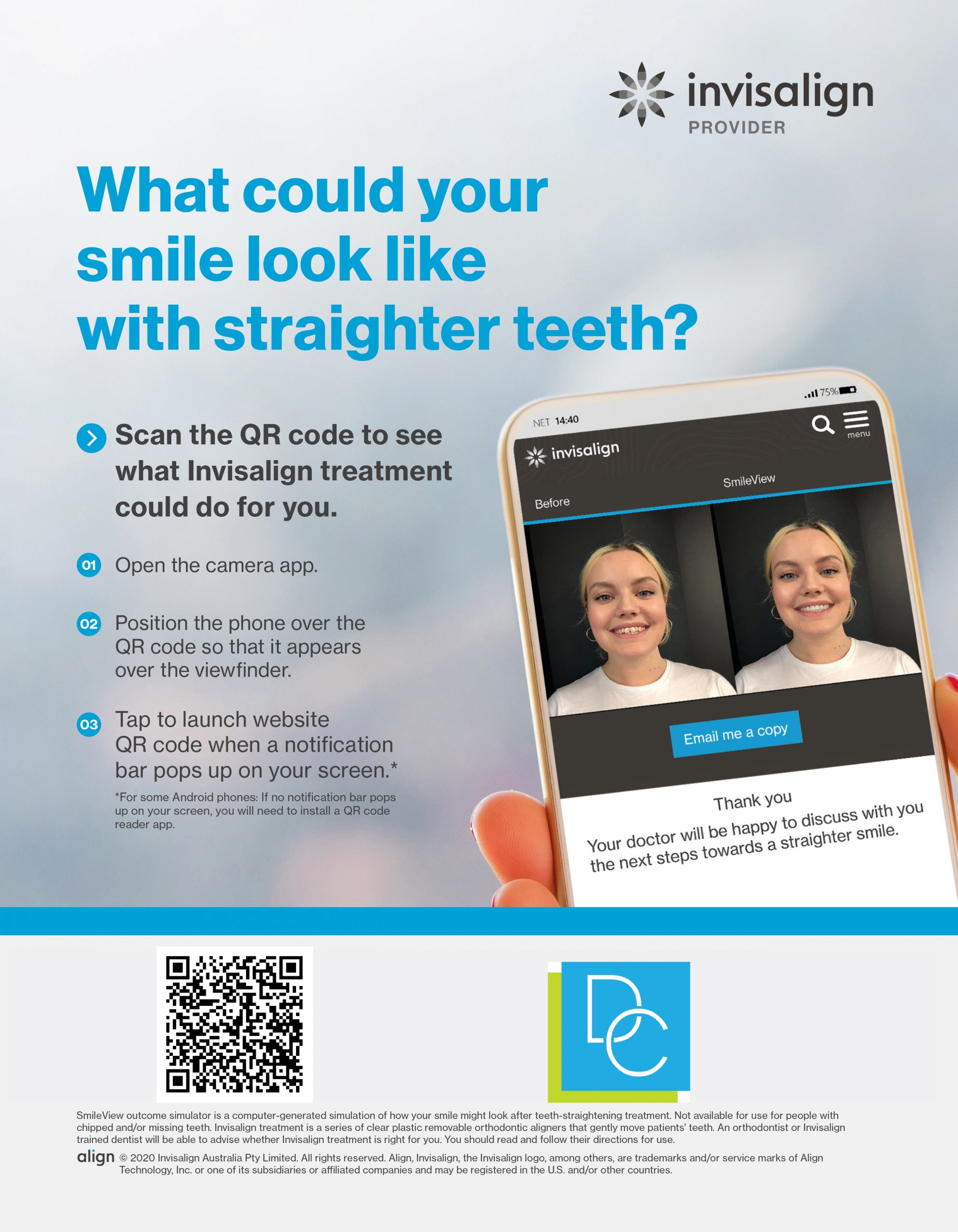- December 2024
- November 2024
- October 2024
- December 2023
- April 2022
- March 2022
- February 2022
- January 2022
- November 2021
- October 2021
- September 2021
- August 2021
- July 2021
- January 2021
- December 2020
- November 2020
- October 2020
- September 2020
- August 2020
- July 2020
- June 2020
- May 2020
- April 2020
- March 2020
- February 2020
- January 2020
- December 2019
- August 2019
- July 2019
- June 2019
- May 2019
- April 2019
- March 2019
- February 2019
- January 2019
- December 2018
- November 2018
- October 2018
- September 2018
- August 2018
- July 2018
- May 2018
- April 2018
- March 2018
- February 2018
- January 2018
- November 2017
- October 2017
- September 2017
- August 2017
- July 2017
- June 2017
- April 2017
- March 2017
- January 2017
- October 2016
- October 2015
- September 2015
- August 2015
Itchy Gums – What It Means for You
10 April,2018Itchy Gums: Understanding the Cause and Finding Relief
Have you ever experienced the odd and uncomfortable sensation of itchy gums? Whether it’s a persistent tickle or an occasional annoyance, this issue is more common than you might think. From itchy gums after tooth extraction to the tingling sensation that comes with itchy gums after wisdom teeth removal, understanding the root causes is key to finding relief. Allergies, plaque build-up, gum disease, or even the natural healing process post-surgery could be behind the discomfort.
In this blog, we’ll dive into the various reasons why your gums may itch and explore actionable tips to soothe the irritation. Whether you’re recovering from a dental procedure or noticing signs of gum sensitivity, knowing when to act can make all the difference in your oral health journey. Let’s uncover what your gums are trying to tell you!
Allergies
Allergies do not just present themselves in the form of rashes on the skin or leaky and irritable eyes. Instead, itchy gums can be a tell-tale sign of an allergy. Whether you eat something that is a known allergen or use a product within the mouth that causes a reaction, itchy gums can be the end result. A doctor can help you to identify what is causing the allergic reaction through allergy testing.
Plaque
Bacteria forms in our mouths, which is why the importance of brushing came into effect. The bacteria that forms cause a film build-up, known as plaque, that rests in the spaces between your teeth, as well as at the base of the gums.
If you don’t keep an active dental routine, then you miss the chance to remove the plaque that builds up in the key areas. If this occurs for a few days in a row, the plaque can build up enough to cause irritation in the mouth, and you could feel a fuzzy coat over the tooth’s surface. Otherwise, it can also cause itching to the gums.
To avoid the irritation, keep up with a healthy dental routine. This means brushing and flossing twice a day.
Gum Disease
Gingivitis, or gum disease, can also cause an itchy sensation in the gums. Known traits of gingivitis are swelling and bleeding in the gums, but a little-known fact is that it can also cause the gums to become itchy and irritated. Gingivitis, thankfully, is treatable.
Book a consultation with your dentist at Dental on Clarendon today to have a deep cleanse of your mouth and a treatment plan initialised.
Itchy Gums After Tooth Extraction
Itchy gums are a common experience following a tooth extraction. As the gum tissue begins to heal, the itching sensation can occur due to the regeneration of tissues and the closure of the extraction site. This sensation is a natural part of the healing process, but it can feel bothersome at times.
To manage this, rinse your mouth gently with warm salted water to reduce discomfort and prevent infection. Avoid touching the area with your tongue or fingers to minimise irritation. If the itching persists or is accompanied by swelling or pain, consult your dentist for further advice.
Itchy Gums After Wisdom Teeth Removal
Similarly, itchy gums are a frequent concern after wisdom teeth removal. The gums may itch as the surgical site heals, especially as stitches dissolve or the tissues begin to knit back together. This is usually a temporary issue and a sign that the healing process is underway.
To alleviate the itching, you can try using over-the-counter mouth rinses or warm salted water. Avoid consuming hard or crunchy foods that could irritate the area. If the itching becomes intense or is paired with signs of infection, such as redness or fever, it’s important to contact your dental professional immediately.
After Surgery
If you’ve recently undergone oral surgery, you could have a case of itchy gums whilst any incisions that were made are healing. For instance, if your wisdom teeth were recently removed, your gums could feel itchy as the area is healing. To soothe the itch, try rinsing your mouth with warm salted water. If you have any concerns, contact your dental professional.
By understanding the causes of itchy gums and taking proactive steps to address the underlying issues, you can alleviate discomfort and maintain a healthy smile. Always seek professional dental advice if symptoms persist or worsen.
Insights and the Importance of Visiting Your Dentist
Itchy gums can often be a sign of underlying oral health issues or part of the natural healing process after procedures like tooth extractions or wisdom teeth removal. While some causes, like mild irritation from plaque or the normal healing process, may be manageable at home with proper care, persistent or worsening symptoms should never be ignored.
Seeking professional advice from a trusted dentist, such as the team at Dental on Clarendon, can help identify the root cause of your itchy gums and provide effective treatment. Regular dental check-ups are essential for maintaining optimal oral health, preventing complications, and addressing issues early before they escalate.
Whether it’s for a routine cleaning, managing gum disease, or post-surgery care, a visit to Dental on Clarendon ensures you receive expert care tailored to your needs. Don’t let itchy gums disrupt your day-to-day life—schedule an appointment and take the first step toward a healthier, itch-free smile.


